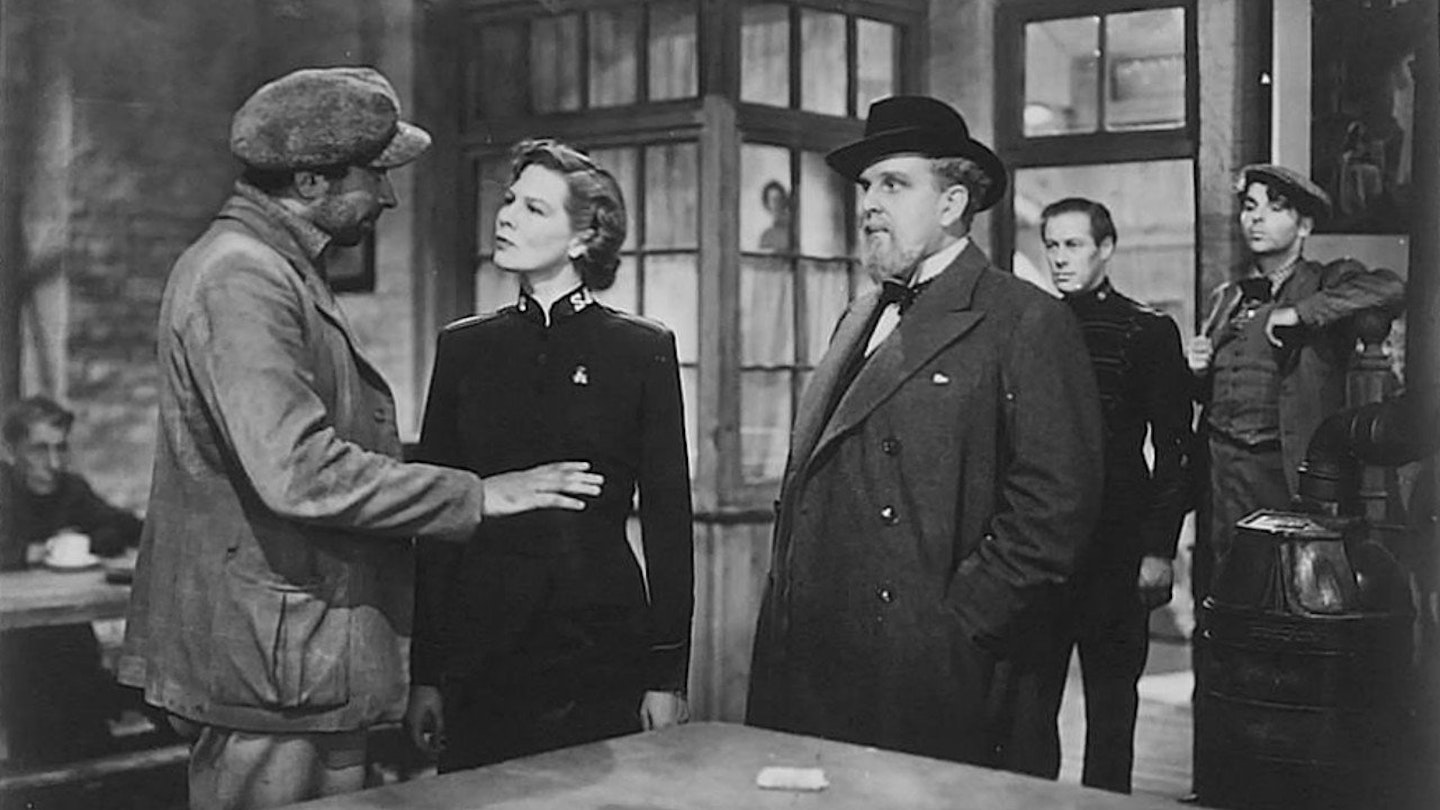Flushed by the success of Anthony Asquith and Leslie Howard's adaptation of Pygmalion (1938), George Bernard Shaw gave maverick Hungarian producer Gabriel Pascal a free hand in bringing his 1905 social comedy to the screen. Having excelled as Eliza Doolittle, Wendy Hiller was hired for the title role. But, more crucially, only editor David Lean was re-engaged from the principal crew. However, he was promoted to assistant director alongside Harold French and neither had the experience nor the standing to challenge the debuting Pascal's directorial decisions.
Consequently, the sting was drawn from this contentious satire by a striving for prestige that resulted only in ponderous pacing and mannered thesping.
Indeed, such was Pascal's desire to produce a work of art that he commissioned Shaw to write new connecting sequences to give the film a more contemporary feel. However, the Irish playwright refused to be hurried and the delay (along with the dual impact of the Battle of Britain and Pascal's own on-set hesitancy) helped double the 10-week shooting schedule.
But any hopes of recouping the additional costs at the box office were soon dashed as, despite respectful reviews, wartime audiences stayed away from a morality tale that suggested that the manufacture of weapons was of greater benefit to the working classes than faith, hope and charity. American viewers were even less impressed by the weighty philosophising, the denunciation of religious hypocrisy and the cynicism of Shaw's contention that poverty rather than wealth is the root of all evils and that hard cash would do more for the disadvantaged than soup and solace.
Hiller is suitably committed and then malleable as the converting heiress, while Robert Newton revels in the malignant ingratitude of slum-dwelling Cockney, Bill Walker. However, both Robert Morley (made-up to resemble Shaw) and Rex Harrison deliver rather fruity performances that owed little to life and much to the rarified traditions of the London stage.
